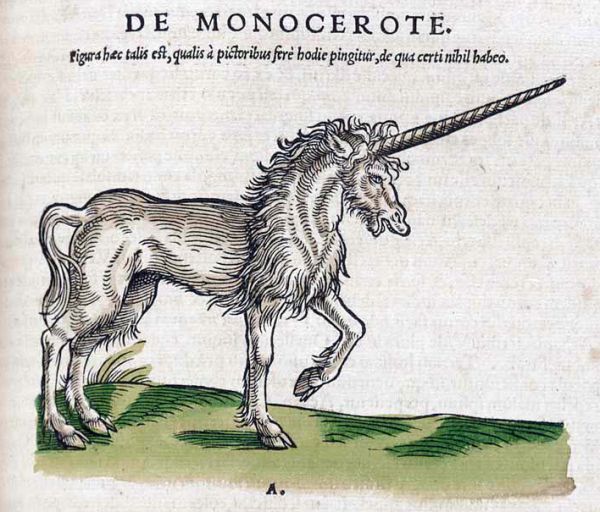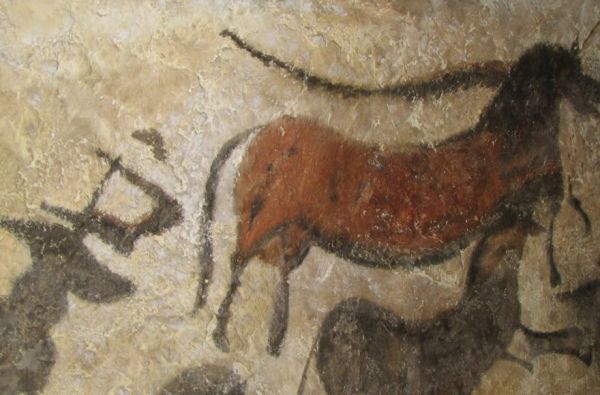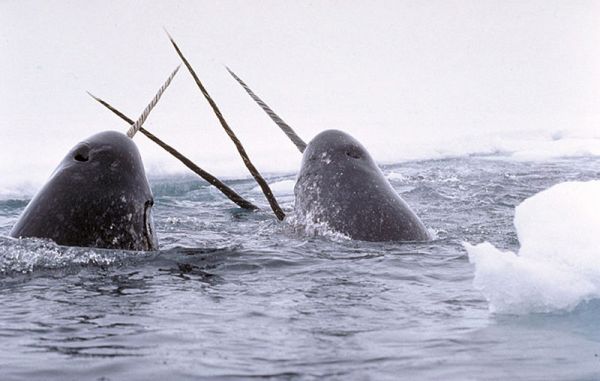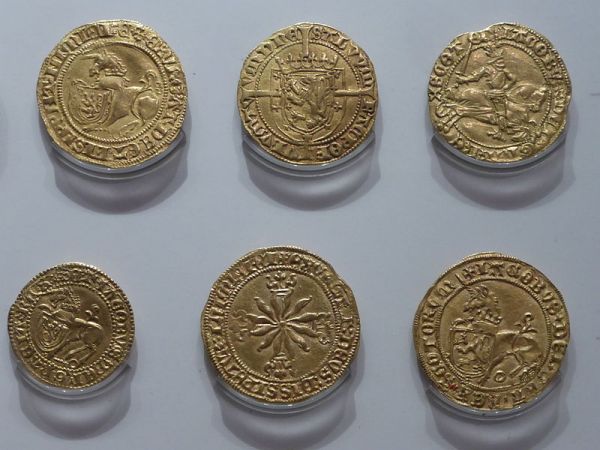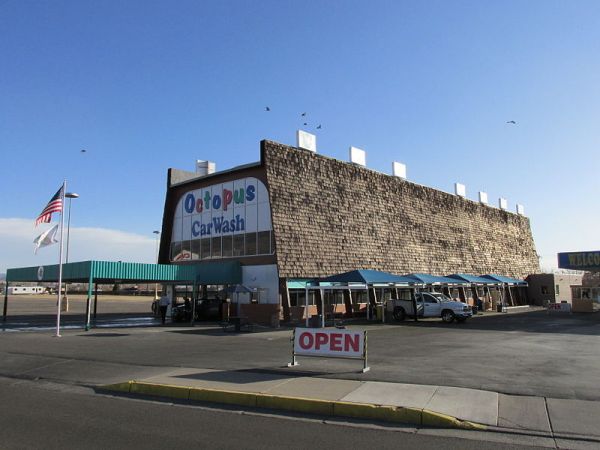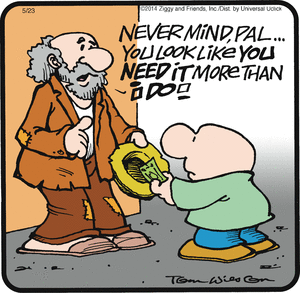After your next checkup, if you know your doc pretty
well, take a little time and ask him/her how the insurance companies
are treating him/her under the new government health care plan. If said
doc is honest, he or she will admit to being extremely frustrated over
developments that could cost their practice some really serious money.

Doctors’ fees under the marketplace segment of the
Patient Protection and Affordable Care Act (ACA) are, in many areas,
nose-diving. Kaiser Health News points out that many state medical
associations are getting physician complaints that lowering the rates
could lead to a two-tiered system with doctors bailing left and right
and leaving sick patients without a road map to care. With the current
shortage of family doctors, the problem can only get worse.
Many market exchange insurance companies refuse to
pay nearly as much for an office visit as the higher premium commercial
plans. That either leaves more money for the patient to pay or refusal
of the doctor to accept the patient at all. The insurance companies are
not going down without a fight. Doctors’ fees are just the latest
strategy to sabotage the ACA. Kaiser quotes a Senior Executive at Blue
Cross Blue Shield Association as admitting that “some” of its 37 member
organizations are, indeed, offering lower doctor rates, in smaller
marketplace venues, but the Association insists that plans know that
without a good network of providers, customers will “Go somewhere else.”
What a crock. Many marketplaces have a minimal
number of options and a great many states have few options (some only
one) outside the marketplace. As I’ve said many times before, no medical
legislation in my state of North Carolina ever gets passed without the
direct permission from Blue Cross Blue Shield. NONE, EVER!!!
I’m on the side of the docs. And it’s not only
because they’ve kept me on this earth on at least three different
occasions when I should have been fitted for heavenly wings. The most
recent close call was nearly five years ago, when quick work by
physicians kept me afloat for the hours it took for lifesaving surgery.
Yes, they’re paid a pretty penny and are likely to live in swell houses,
but what kind of living is it? It must not be great for some because
the profession with the highest rate of suicides is the medical
profession. And female physicians kill themselves at a rate of four
times the general population of women. Dentists, by the way, rank number
two in suicides.
Taking a closer look at the doctor business, let’s
start with education. Years and years and years of it. It’s not unusual
for a psychiatrist (must be an MD, plus a four-year residency) to have
celebrated his or her 30th birthday by the time they open their
practice. Then throw in continuing education for good measure. For any
and all physicians, there’s undergrad, med school, specialties,
internships and residencies, all before the major bucks start flowing in
the opposite direction. Bloomberg’s Internet site reports medical
school debts as high as $400,000 at interest rates of anywhere from 7-13
percent. The median tab for a private medical school, start-to-finish,
is pushing the $300,000 mark.
Finally, after years of sleepless nights,
memorization of a virtual foreign language, verbally abusive mentors and
repeated conversations with self about why in god’s name did I want to
become a doctor, the nightmare ends. You drag your newly reconfigured
brain, what’s left of your idealism and open up your own place. And you
thought med school was a slog? It’s at this point you realize you’re
equal parts doc and small businessperson. Offices don’t run themselves.
At the very least, you’ll need three more bodies in place every day the
office is open. A receptionist (probably two, for in and out), a billing
clerk, maybe a medical assistant or two, an office manager and, unless
you outsource your tests, a lab tech. These are mostly modestly paid
positions, but pay the practitioner must do; like clockwork.
Then there are insurance companies to deal with.
Most of them will argue over use of a Q-tip. Throw 25-30 patients in the
mix and you’ve pretty much got the majority of a doctor’s typical daily
working life. Yeah, a family doc will pull in a couple of hundred
grand; some cardiologist and other pricey specialists nudge a million
per annum, but for the most part, your physician is paid what he or she
is worth.
And like the disappearing rain forests, doctors are
becoming a rare species. Over 30% of doctors have passed their 60th
birthday and not enough fresh faces are coming up to replace them.
California is estimating a near-term shortage of 17,000 doctors and
that’s just one state. And the moronic 2010 National Commission on
Fiscal Responsibility (also called Bowles/Simpson or simply shortened to
the ‘deficit commission’) proposed cutting $60 billion in Medicare
support for physician Graduate Medical Education (GME) funds, or
post-med school clinical training, over a ten-year period. In money
terms, according to the Association of American Medical Colleges (AAMC)
that total would represent a $254 million dollar loss for the state of
Illinois alone, plus an estimated 3,500 jobs. The proposal collapsed
under its own political weight and was never adopted, but you can bet
the farm, it will reappear annually under the auspices of Paul Ryan and
company. Incredibly, Ryan was one of the Obama appointees to the
commission.
GME funding has politically ping-ponged between the
parties in the last few years. The White House fiscal year 2015 budget
requests (pandering to the right) read like a kaleidoscope of jumbled
numbers that say one thing and eventually do another. The positives
include just over $800 million for the National Health Service Corps
(NHSC). This specific money enables under-served communities to gain
15,000 primary care providers. But, upon further examination, these
“providers” are not all docs. In fact, I doubt a majority of them will
be med school grads. Most of the doctors are likely to be very young and
just coming out of residency. I suspect patients already in the program
are serviced, first and foremost, by nurse practitioners (the future of
medicine) and physician’s assistants who are certainly educated and
hardworking, but fall far short of the medical knowledge of the average
doctor. And looking at the Health and Human Services website, there may
even be a problem in getting enough of them for this idealistic venture.
It must be pointed out that Nurse Corps Rural Recruitment has been at
their job for years in supplementing the NHSC, but the need remains
great.
A new GME program would get a $5.23 billion bump
over the next 10 years. HOWEVER, the George Washington School of Public
Health and Health Services ferreted out the small print of the budget
that unearthed the fact that two existing programs are included in the
calculation. Both are gone after FY 2015. And, in even smaller print,
Medicare’s ‘indirect’ GME payments will actually be reduced by $14.6
billion over the next 10 years. Not $60 billion to be sure, but that cut
will be devastating to both doctors and patients.
With this continued political shortsightedness, American medicine will be in critical condition any day now.
There’s a solution. It’s at your nearest polling place.








